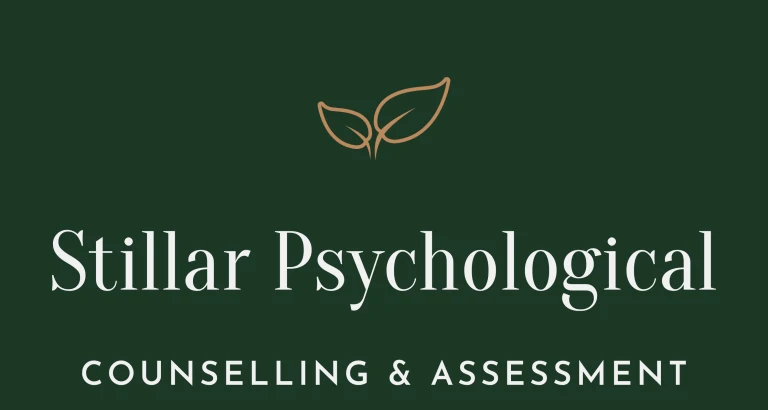Understanding Obsessive-Compulsive Disorder in children is crucial for early diagnosis and treatment. This disorder, often shrouded in myths, can significantly impact a child’s daily functioning and their family’s life. At Stillar Psychological, we specialize in providing comprehensive mental health services that address OCD in children, helping to restore balance and wellness in young lives.
Understanding OCD in Young Minds
Obsessive-Compulsive Disorder (OCD) manifests differently in children compared to adults. While adults may recognize their obsessions and compulsions as irrational, children might not understand what is happening to them, making them feel confused and scared.
These obsessions are unwanted, persistent thoughts or images that can cause significant anxiety in children. The compulsions are repetitive behaviors that a child feels compelled to perform to alleviate this stress, though these actions are often not logically related to the problems they aim to fix.
For instance, a child might repeatedly wash their hands or arrange their toys in a perfect order to prevent something bad from happening, even though these actions are not preventative in reality. Such behaviors can consume more than an hour each day, interfering with their normal activities and social interactions.
Recognizing Symptoms and Seeking Help
Early recognition of symptoms is vital. Parents and educators should look for signs such as excessive cleanliness, repeated checking of things, or persistent fears about harm coming to loved ones—behaviors that go beyond typical childhood fears or routines. Recognizing these signs early can lead to more effective management of OCD through timely professional help.
At Stillar Psychological, we believe in the power of specialized counseling for children. Engaging in our solutions can provide strategies to manage and reduce the compulsions and obsessions that characterize OCD. By gradually exposing children to their fears within a controlled environment, cognitive-behavioral therapy helps them learn that the feared outcomes do not materialize, thereby reducing the behavior over time.
Treatment Options and Support
Treatment for OCD in children often involves a combination of behavior therapy and medication. The exact approach depends on the severity of the symptoms and the individual needs of the child. Behavior therapy, a form of OCD treatment, is effective in altering negative thought patterns and reducing compulsive behaviors.
Families play a critical role in supporting a child with OCD. Being part of the therapy process and learning supportive responses can make significant differences. Schools can also assist by providing accommodations that help manage stress and reduce triggers within the school environment.
Stillar Psychological: Your Partner in Child Mental Health
At Stillar Psychological, we are dedicated to supporting families through the challenges of OCD. Our team of specialists is trained to offer compassionate care and effective treatment plans tailored to the needs of each child. By understanding and treating OCD in children, we help them regain their confidence and enjoy a healthy, fulfilling life.
Understanding and addressing OCD in children requires patience, compassion, and the right therapeutic approach. With the right support, children can learn to manage their symptoms and lead happy, productive lives. At Stillar Psychological, we are committed to providing that support every step of the way.





















